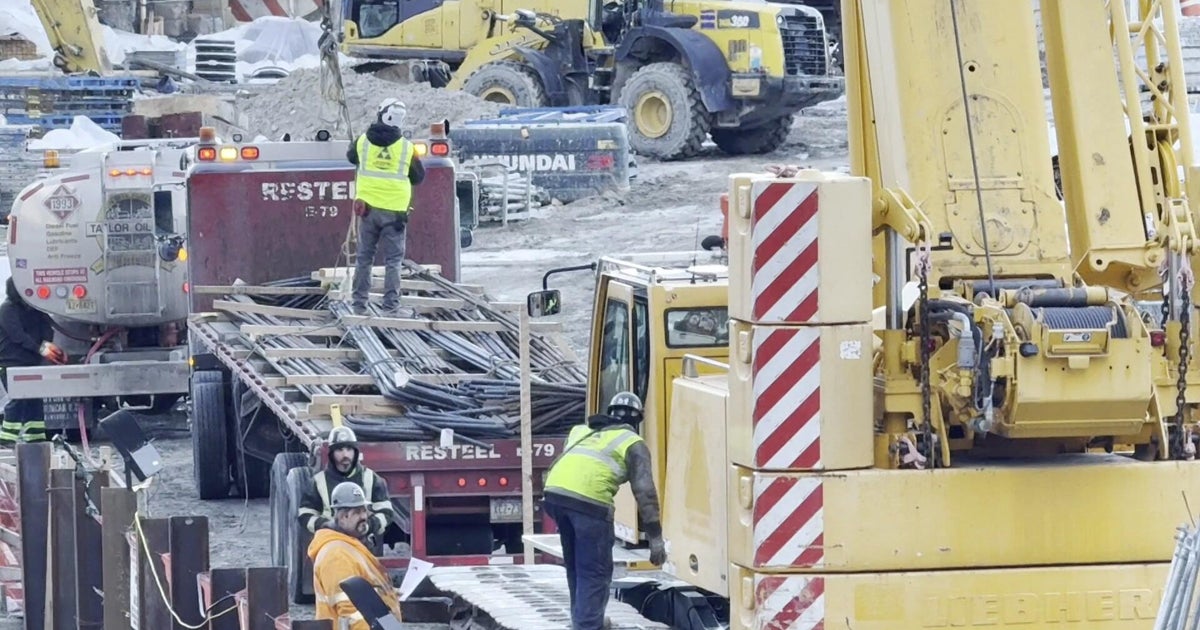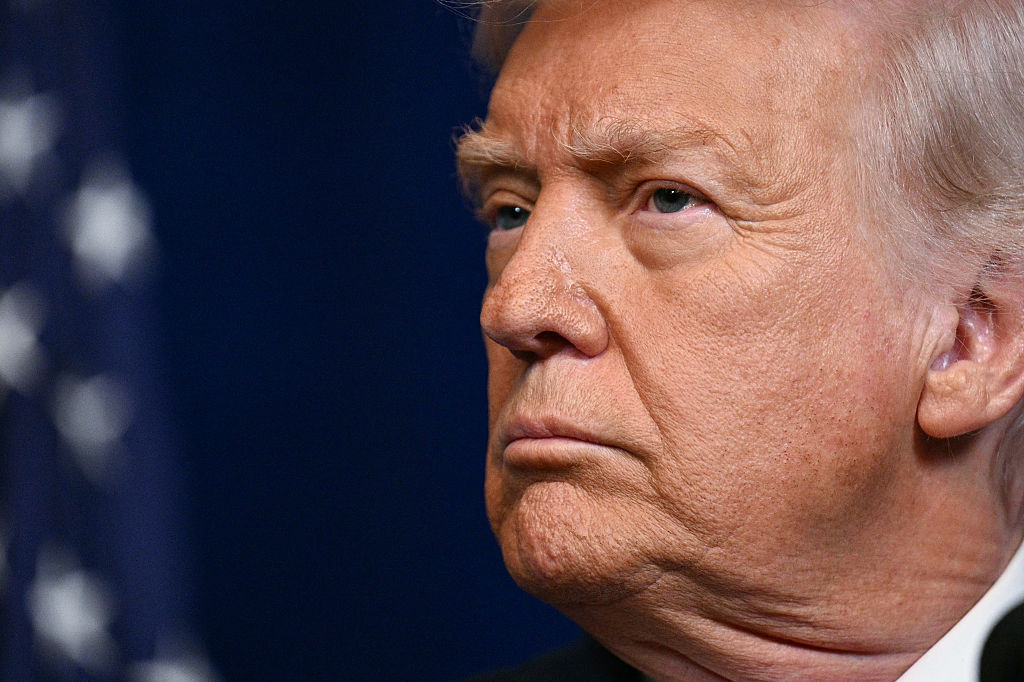U.S., Cuba to discuss re-opening direct mail service
Updated 2:55 p.m. ET
WASHINGTON A U.S. official said Monday that the United States and Cuba willl resume talks this week on restarting direct mail service -- a diplomatic foray which may be at once uniquely outdated, and potentially significant.
The official said talks were to resume despite a deadlock between Washington and Havana over detainees that has largely stalled most rapprochement efforts.
U.S. and Cuban diplomats and postal representatives were to meet in Washington on Tuesday and Wednesday for technical talks aimed at ending a 50-year suspension in direct mail between the United States and the communist island, State Department spokeswoman Jen Psaki said. Lawmakers were to be notified of the meetings starting Monday morning, the official said.
The reason we're doing this is because it's of course good for the Cuban people. This is something we feel is good for us, but it's not meant to be a signal of anything or indicate a change in policy," Psaki said.
Psaki would not say who specifically had asked for a resumption of the talks.
An official told the Associated Press the discussions were taking place in the context of the Cuba Democracy Act of 1992 and are consistent with the U.S. interest "in promoting the free flow of information to, from and within Cuba."
Cuba and the United States have had no direct mail service since 1963, though letters are supposed to go back and forth via third countries. That system has been flawed, at best, according to CBS News producer Portia Siegelbaum.
"In nearly 10 years of covering Cuba for CBS News, not a single birthday card posted by my family has ever gotten to me," she noted. "Although mail is supposed to come through third countries, letters and postcards my family posted have never arrived. In fact, over several decades I've only received two postcards -- both mailed from California -- and they came so late that the term 'snail mail' is not adequate to describe it."
In and of themselves, the discussions are not particularly significant.
As Siegelbaum notes, Cubans are more interested in getting access to internet so they can chat in real time with relatives, share photos and up to the minute news with former schoolmates now living in Miami, Spain or Sweden. And, as the struggling U.S. Postal Service demonstrates, the digital age has led to the decline of the handwritten letter.
Setting up direct mail service between the two countries in 2013 will not have the same impact as it might have had several decades ago. Still, the Cuban with only limited and overpriced internet access might welcome being able to mail a letter to the U.S. containing either news of a death or photos of new bride or baby.
But more significant is the fact that the two Cold War enemies are talking at all. And, in the past, both governments have used the bilateral meetings as a pretext to discuss wider issues. In 2009, a senior State Department official in Havana for mail talks ended up staying six extra days and even spoke secretly with Cuba's deputy foreign minister — then the highest-level meeting between the two sides in decades.
The mail talks and separate negotiations on immigration have been on hold since then over demands by Washington that Cuba release jailed American subcontractor Alan Gross.
Gross was arrested in December 2009 while on a USAID-funded democracy building program and is serving a 15-year sentence after being caught bringing communications equipment onto the island illegally.
Washington has continued to insist that no major progress in improving ties is possible while Gross is in jail. Cuba, for its part, is asking Washington to release four Cuban intelligence agents serving long jail terms in the United States. A fifth completed his sentence earlier this year and was allowed to return to Cuba after he renounced his American citizenship.
In recent months, Cuban and U.S. officials have spoken of a better working relationship, with diplomats on both sides routinely granted approval to travel outside each other's capital. But whether the behind-the-scenes thaw will result in any improvement in the countries' formal relationship is anybody's guess.



